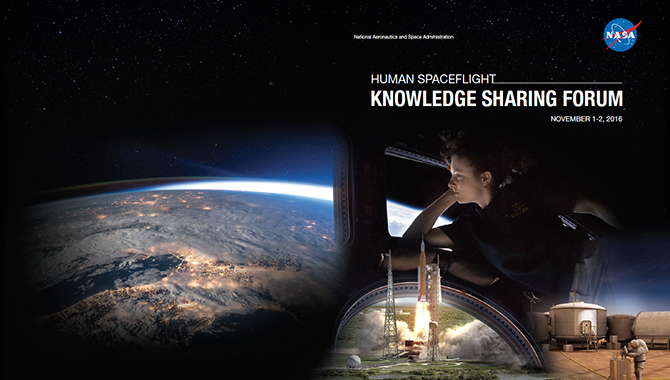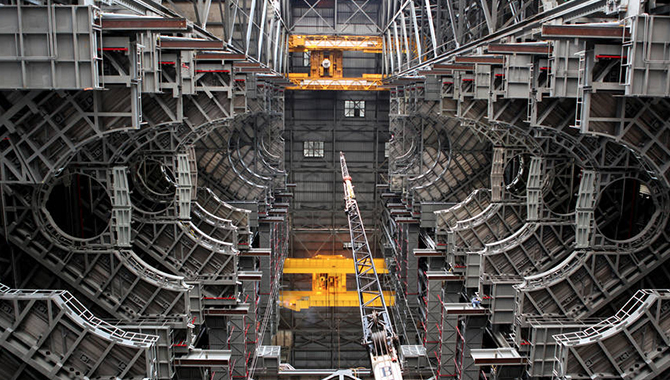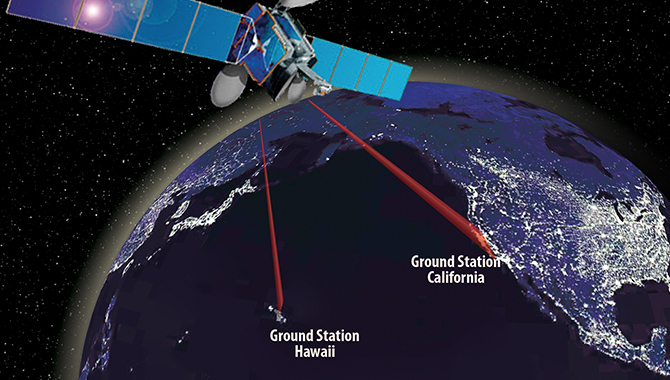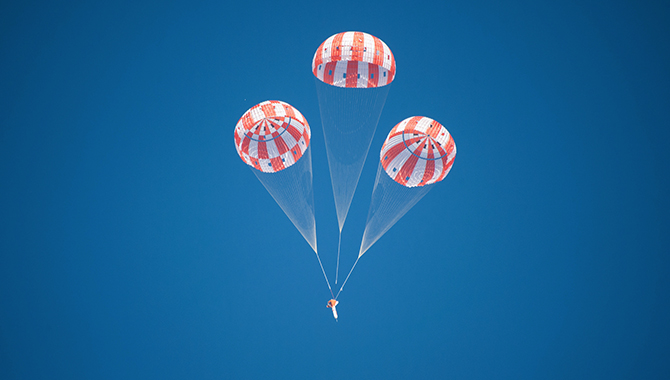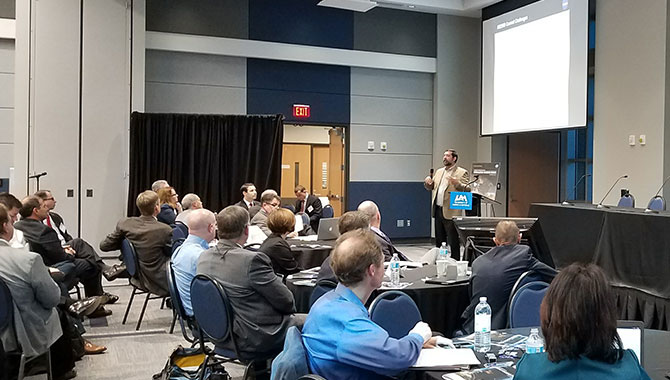
Greg Williams, deputy associate administrator for Policy and Plans in NASA’s Human Exploration and Operations Mission Directorate, delivers keynote address at the Human Spaceflight Knowledge Sharing Forum.
Photo Credit: NASA
A pilot knowledge sharing forum that could influence future human spaceflight was held in November.
Chris Singer, NASA’s deputy chief engineer for Engineering Integration, left, moderates the Integration Lessons forum panel featuring Orion’s Jim Geffre, Space Launch System’s Johnny Heflin, Ground Systems Development and Operations’ Jessica Parsons and Exploration Systems Development’s Jennifer Read. Photo Credit: NASAThe first NASA Human Spaceflight Knowledge Sharing Forum was held November 1–2, 2016, at the University of Alabama in Huntsville (UAH). Approximately 100 speakers and participants attended the forum, hosted by NASA’s Office of the Chief Engineer (OCE) and the Office of the Chief Knowledge Officer in collaboration with the Human Exploration and Operations Mission Directorate and in partnership with UAH and NASA’s Marshall Space Flight Center.
The forum brought together human spaceflight experts from government, industry and academia to collaboratively identify and discuss applicable lessons from previous mission successes and failures. Forum participants included representatives from NASA centers, mission directorates and human spaceflight programs; NASA’s Technical Authorities (TA), including the OCE, the Office of Safety and Mission Assurance, and the Office of the Chief Health and Medical Officer; commercial contractors and partners; and academia.
The forum, open to select individuals responsible for shaping NASA’s future over the next 10 to 20 years, focused on technical best practices and lessons learned. The two-day event featured a combination of panel discussions and presentations by subject matter experts across various disciplines integral to the future success of human spaceflight. Speakers and panels covered a wide range of topics, including:
Astronaut Kjell Lindgren speaks at the knowledge sharing forum. Photo Credit: NASA- Human spaceflight mishaps and ensuing investigations
- Challenges with the development and use of hardware, such as parachutes and composite overwrapped pressure vessels, and models (specifically micrometeoroid and orbital debris protection) needed for human spaceflight missions
- Implicit and explicit cost of safety in human spaceflight
- Progress and shared accountability in the commercial crew programs
- Current state and future evolution of the NASA Space Communications and Navigation Program
- Innovation at NASA
- Health effects of low-gravity environments on the human body
- An astronaut’s view of living and working on the International Space Station
- Integration approach of the Orion, Space Launch System, and Ground Systems Development and Operations programs
Audience participants engaged in lively Q&A discussions following each presentation and suggested human spaceflight topics and potential themes for future knowledge sharing forums.
NASA TV recorded the sessions, which will be available soon via the km.nasa.gov website and YouTube.






